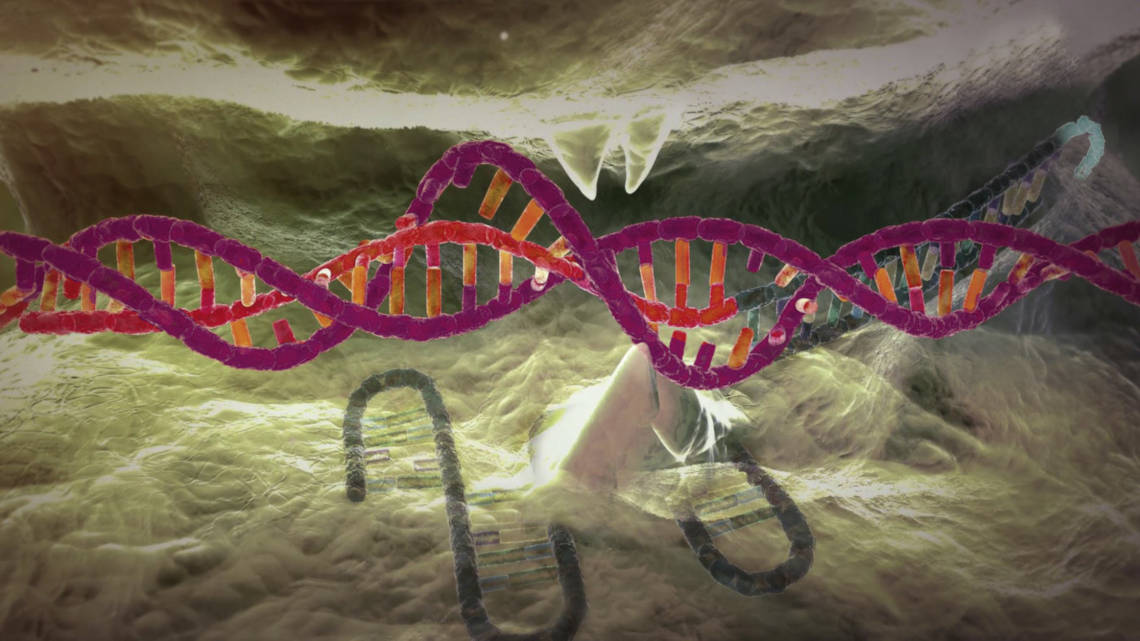Using genome editing for plant breeding
In a statement on genome editing, the Max Planck Society argues for the targeted use of CRISPR-Cas9 in plant breeding and urges legislative changes.

In recent years, CRISPR-Cas9 technology and genome editing have opened up the possibility of modifying genetic material with unprecedented accuracy. Although the specificity of the interventions does not appear to be as high as originally hoped, research is continuously improving them. The Max Planck Society has now published its position on its use in humans, particularly in the germ line, but also in plant breeding research.
Ethical and legal challenges
"The position paper reflects the great potential of genome editing and the ethical and legal challenges it poses. The Max Planck Society wants to show how science can use this potential responsibly in order to gain important insights for the benefit of society, especially with regard to new applications in the fields of medicine and nutrition," explains Martin Stratmann, President of the Max Planck Society. At the beginning of June, the organization plans to publish the discussion paper on which the current statement is based. "The statement is intended to stimulate discussion on a number of research-related issues. The Max Planck Society would like to contribute its expertise to the public discourse so that politics can make informed decisions in a socially important but also very complex area," Stratmann continues.
Considerable potential for medicine
The organization's ethicists expressly emphasize the potential for medicine, as the method can be used to treat inherited diseases, viral infections such as HIV and cancer. While the Society supports these interventions in body cells, it is clearly against interventions in germ cells, which are prohibited in Germany. Questions of safety and ethics have not yet been clarified. It is also said that preimplantation diagnostics offer safer alternatives. In addition, this method would not only allow the editing of healing genomes, but also the optimization of physical properties.
Differentiating between transgenic-free genome editing and transgenes
The researchers are also critical of the European Court of Justice's decision last year that genome-edited animals or plants are subject to the same regulation as genetically modified organisms. Since genome edits imitate natural mutations within a species, the position paper calls for the corresponding EU directive to be revised. Otherwise, plant research would be massively impeded and certain measures against disease-transmitting insects would be made more difficult, based on disseminating genome editing within the species that makes the animals immune or infertile.
bl/um


